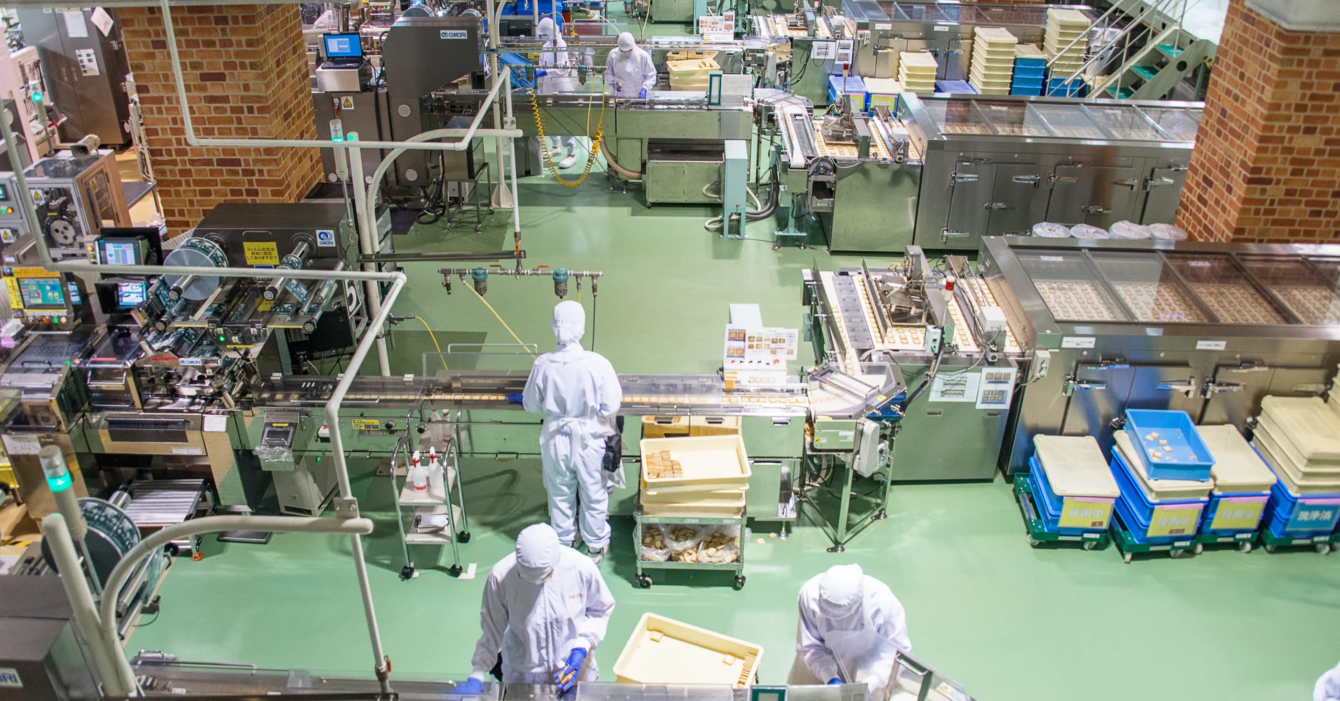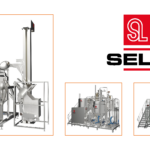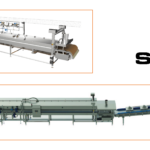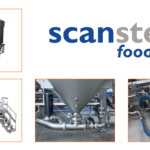As the food manufacturing industry continues to evolve, several key trends have emerged as pivotal in shaping its trajectory. Five of these trends, in particular, have taken center stage: sustainability, transparency, efficiency, digitalization, and differentiation. These trends are driven by a combination of factors ranging from market dynamics and shifting consumer preferences to growing awareness of issues such as nutrition, food production, climate change, and regulatory developments influencing changes on both regional and global levels.
Sustainability at the Forefront
One of the most significant trends in the food and beverage industry in recent years—spanning processing, packaging, branding, and beyond—is sustainability. Consumers are increasingly aware of the environmental impact of their food choices, from the materials used in products to how they are produced. A 2021 Nielsen report revealed that 81% of global respondents believe companies should play a role in improving the environment. With nearly one-third of human-induced greenhouse gas emissions linked to food production, it is clear that the industry’s ability to prioritize sustainability is crucial to meeting this demand for positive change.
This heightened environmental concern has driven a sharp demand for plant-based products and alternative ingredients. Consumers are seeking healthier, cleaner, and organic options in food and beverages, reflecting a growing focus on personal well-being.
The Rise of the Conscious Consumer
Alongside the shift towards sustainability-focused choices, the health-conscious consumer is also reshaping the food landscape—from what they pick off the shelves to the production stage. People want to know more about the ingredients in their food and how it’s made, and transparency has become key. Reports from NielsenIQ and FMI show that between 75% and 81% of shoppers consider transparency very important, influencing their brand and manufacturer choices and guiding their purchasing decisions.
This transparency now extends beyond ingredient disclosures to encompass sustainability-related concerns. Consumers are increasingly interested in the origins of ingredients, sourcing practices, human rights, working conditions, and broader ethical considerations. For food and beverage manufacturers, embracing transparency has become an exercise in building trust, impacting everything from product labeling to company procedures and policies.
Efficiency as a Competitive Advantage
The adoption of sustainability and transparency comes with added costs. Changes in processes, ingredient sourcing, and labor considerations can strain budgets. Consequently, manufacturers are not only focused on integrating these principles but also on implementing them efficiently. From cost management to supply chain optimization, equipment modernization, and production method improvements, the pursuit of more efficient solutions to meet consumer demands has become a central objective.
Efficiency can be a significant competitive advantage, setting a manufacturer apart in a demanding industry. While sustainability and transparency are essential, executing them with precision and ingenuity can make a substantial difference in a sector where consumer preferences and industry standards are rapidly evolving.
Digitalization Plays a Key Role
Technology and digitalization appear to be key to improving efficiency across the board—a theme observed in many industries, from real estate and tourism to human resources, fashion, and textiles. In the food and beverage industry, this new phase of technological advancement, which is transforming how we work and live, may have the greatest impact, influencing everything from food production and manufacturing to consumption.
Artificial intelligence and automation enable cost efficiencies, smarter decision-making, and significant innovations. These technologies enhance production efficiency through optimized scheduling, supply chain management, quality control, and assurance. They also allow for personalized nutrition and products tailored to dietary needs, energy efficiency, and waste reduction, demand forecasting, improved logistics and distribution, enhanced safety and compliance, greater traceability, innovative product development, and increased data collection and reporting at all levels.
Emphasized Differentiation
Whether through ingredient quality, commitment to sustainability, added consumer value, or the company’s operational and management approach, ensuring consistency in delivering a unique value proposition positively impacts business success and market influence. From product variety and ingredient quality to sourcing methods and locations, manufacturers who invest in a specific niche and excel in it use this expertise to grow into market leaders.




